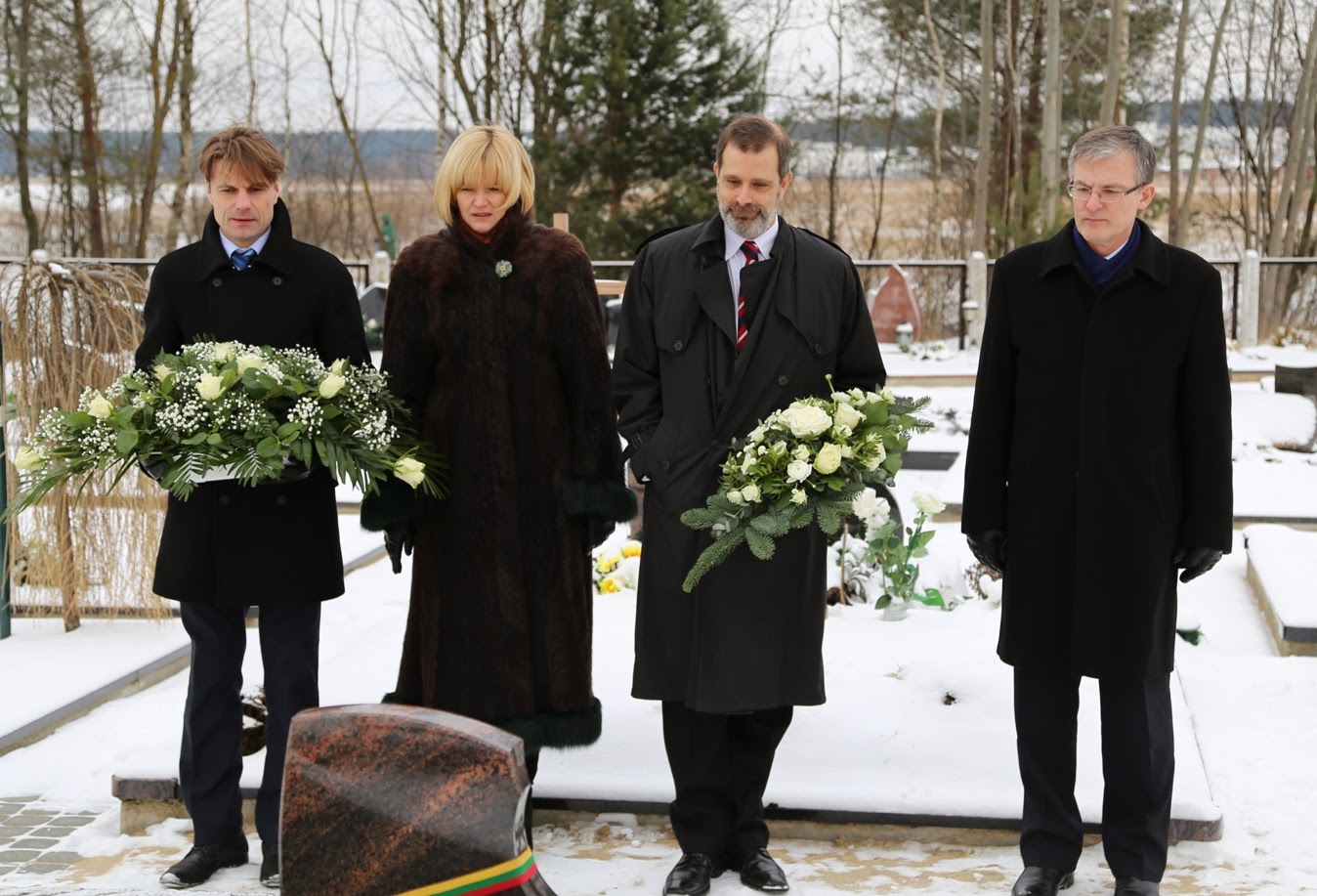Regular guest blogger, Aiste Zalepuga, attended this year's World Lithuanian Youth Summit that took place in Prienai July 10-13. She shares her story of the event.
Young Lithuanians from across the globe converged on the Prienai region last month to get back to their roots, and encourage and strengthen ties between Lithuania and members of its youth community, no matter where they live.
President Dalia Grybauskaite answers questions after the opening ceremony.
“It was a very straightforward meeting where the President
explained her position and views of both domestic and foreign policy without
‘political correctness.’ Even those not interested in politics must have
enjoyed the meeting and understood the position of the President and what she
is facing on a daily basis,” Tamauskas said. “She was so open about what she
wanted to share with us that at one point of the meeting she asked a current
member of parliament to leave, so that only PLJS delegates would be present in
the room.”
Former Speaker of the United States House of Representatives, Dennis Hastert, delivered an inspiring keynote and encouraged audience members to create their own history through effective leadership.
Lithuanian music legend, Algirdas Kauspeda, and colleagues discuss the formation of Lithuania's cultural future. Over 150 notable lecturers and professionals took part in discussions that covered education, politics, business, culture and innovation.
“I
believe that Lithuanians are a unique nation and we have to look out for one
another,” she said. “It is always important to feel that you a part of
something – a part of a community, a part of the world. I think that every
Lithuanian felt this way at the PLJS Summit.”



































